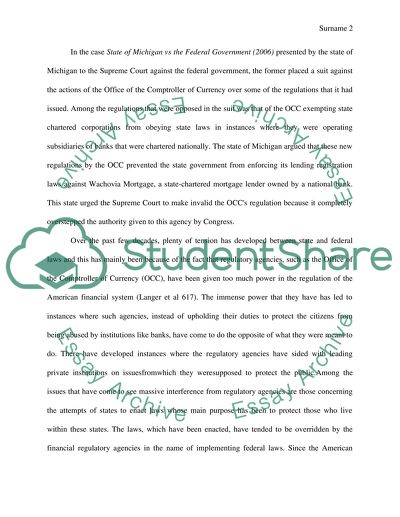Cite this document
(“Administrative law: control of agencies Term Paper”, n.d.)
Administrative law: control of agencies Term Paper. Retrieved from https://studentshare.org/law/1470773-administrative-law-control-of-agencies
Administrative law: control of agencies Term Paper. Retrieved from https://studentshare.org/law/1470773-administrative-law-control-of-agencies
(Administrative Law: Control of Agencies Term Paper)
Administrative Law: Control of Agencies Term Paper. https://studentshare.org/law/1470773-administrative-law-control-of-agencies.
Administrative Law: Control of Agencies Term Paper. https://studentshare.org/law/1470773-administrative-law-control-of-agencies.
“Administrative Law: Control of Agencies Term Paper”, n.d. https://studentshare.org/law/1470773-administrative-law-control-of-agencies.


